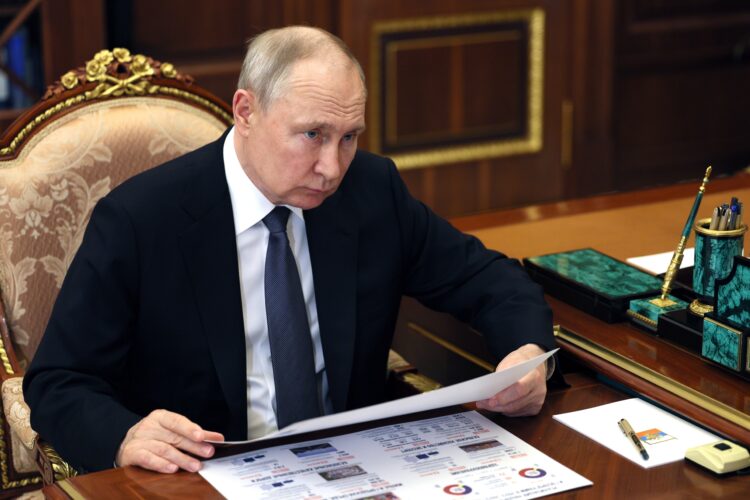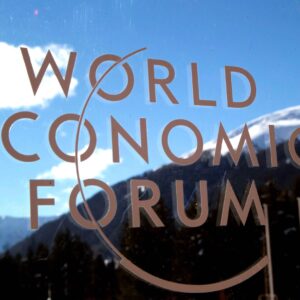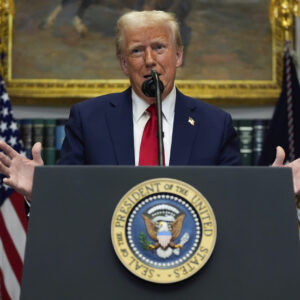On Monday, Russia announced that it was ending a key wartime trade agreement with Ukraine and the United Nations, putting the food supply of Africa, Asia, and the Middle East in jeopardy. The Black Sea Grain Initiative was brokered last summer by representatives from the UN and Turkey last summer, allowing for Ukrainian crops to be transported through the Russian blockade for international distribution. The initiative allowed for three key Ukrainian ports along the Black Sea to remain in operation, providing the outside world with an estimated 32.9 million tons of grain and other foods to be safely delivered to nearby countries. In exchange, Russia was promised that its own exports of food and fertilizer would remain unaffected.
Russia and Ukraine are both leading producers of wheat, barley, sunflower oil, and other crops. When food prices skyrocketed in the aftermath of Russia’s initial invasion, the rest of the world was eager to negotiate provisions to secure vulnerable populations.
After the initial expiration of the initiative in May, Russia agreed to a 60-day extension, as reported by the Associated Press, but Ukraine alleges that Russia has prevented new ships from arriving since late June. At the same time, the Kremlin has claimed that the agreements regarding Russian exports are not being honored.
Now, as of Monday, Russia has officially suspended the initiative, refusing to re-negotiate until Russian exports meet expected levels. “When the part of the Black Sea deal related to Russia is implemented, Russia will immediately return to the implementation of the deal,” Kremlin spokesman Dmitry Peskov stated. He further clarified that Ukraine’s attack on a bridge connecting the Crimean Peninsula to Russia on Monday did not play a part in the decision, despite President Putin’s vow of retaliation for “another terrorist act of the Kyiv regime.” Kremlin officials are now warning that the northern Black Sea is “temporarily dangerous” and are threatening to place mines in shipping lanes and possibly strike Ukrainian ports directly.
However, Ukrainian President Volodymyr Zelenskyy says he is willing to continue the initiative despite the dangers, provided his outside partners are still on board. Zelenskyy reports that shipping companies have said they are “ready to continue supplying grain” as long as Turkey and Ukraine will abide by the agreement.


















Add comment